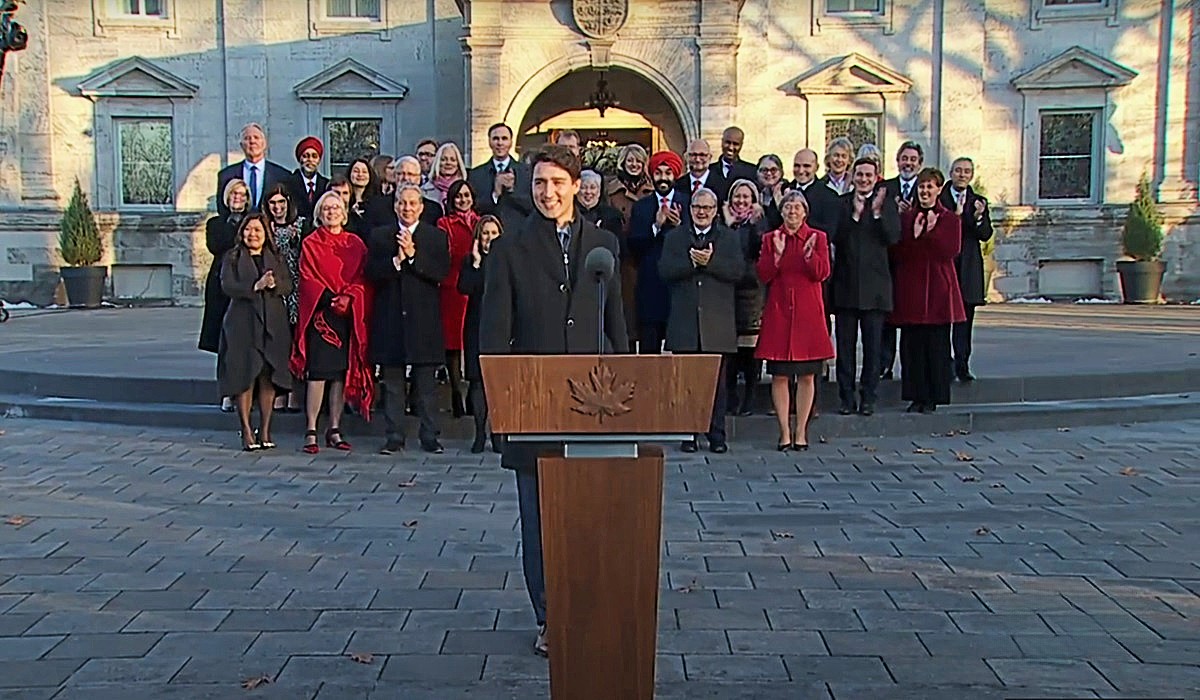The Cost of Complacency: Canada’s Shameful Delay in Achieving Pay Equity
- Naomi Dela Cruz
- Canada
- August 20, 2024

Image Credit, Brigitte Werner
In 2024, the Canadian government still grapples with the issue of pay equity, a stark reminder of how far behind we are on a matter that should have been resolved long ago. Despite decades of discourse and legislative efforts, we’re left questioning why we are still negotiating something as fundamental as equal pay for equal work, regardless of gender, race, or any other irrelevant factor.
The recent announcement from the Treasury Board of Canada Secretariat, outlining the extension of deadlines to finalize pay equity plans for core public administration (CPA) employees and members of the Royal Canadian Mounted Police (RCMP), is nothing short of exasperating. Three more years for the CPA and 18 additional months for the RCMP? These extensions are not just frustrating; they are emblematic of a bureaucracy that seems more interested in prolonging the problem than solving it.
It’s important to recognize that pay equity is not some complex enigma that requires years of study and unknown costs to the taxpayer to decipher. The principle is simple: if two individuals perform the same job with the same qualifications, they should be paid equally. This isn’t rocket science; it’s fairness, plain and simple. Yet, here we are, pouring more resources into what has become an endless cycle of studies, committees, and reports, rather than implementing the changes that Canadians have been demanding for years.
The Treasury Board’s statement talks about “deep collaboration” and the need to “get this right.” But how much more collaboration and time is necessary to reach a conclusion that should have been obvious from the start? The fact that we are still waiting for pay equity in 2024 is an indictment of the system’s inefficiency and perhaps even its unwillingness to act decisively on this issue. The government’s decision to apply for extensions, and the subsequent granting of those extensions, highlights a disturbing complacency in addressing wage disparities.
What’s more concerning is the financial waste this entails. Each extension means additional dollars funnelled into further studies, consultations, and bureaucratic processes—money that could be better spent on actually implementing pay equity. The Canadian public has every right to question why their tax dollars are being used to delay justice, rather than deliver it.
The government’s commitment to backdate compensation to September 2024, along with interest, may seem like a gesture of goodwill, but it’s little more than a band-aid on a wound that has festered for too long. The real question is why those entitled to equal pay must wait even longer to receive what is rightfully theirs. By continually pushing the deadline, the government is effectively saying that pay equity is a problem for tomorrow, not today.
The solution to this issue is not more studies or more time. The solution is action. The government must stop hiding behind the guise of complexity and bureaucracy and instead prioritize immediate and decisive measures to ensure that all employees are paid equally for equal work. Canada, as one of the world’s most developed nations, should not be mired in this archaic debate in 2024. It’s time to cut through the red tape, dismantle the excuses, and fulfill the promise of pay equity now.








